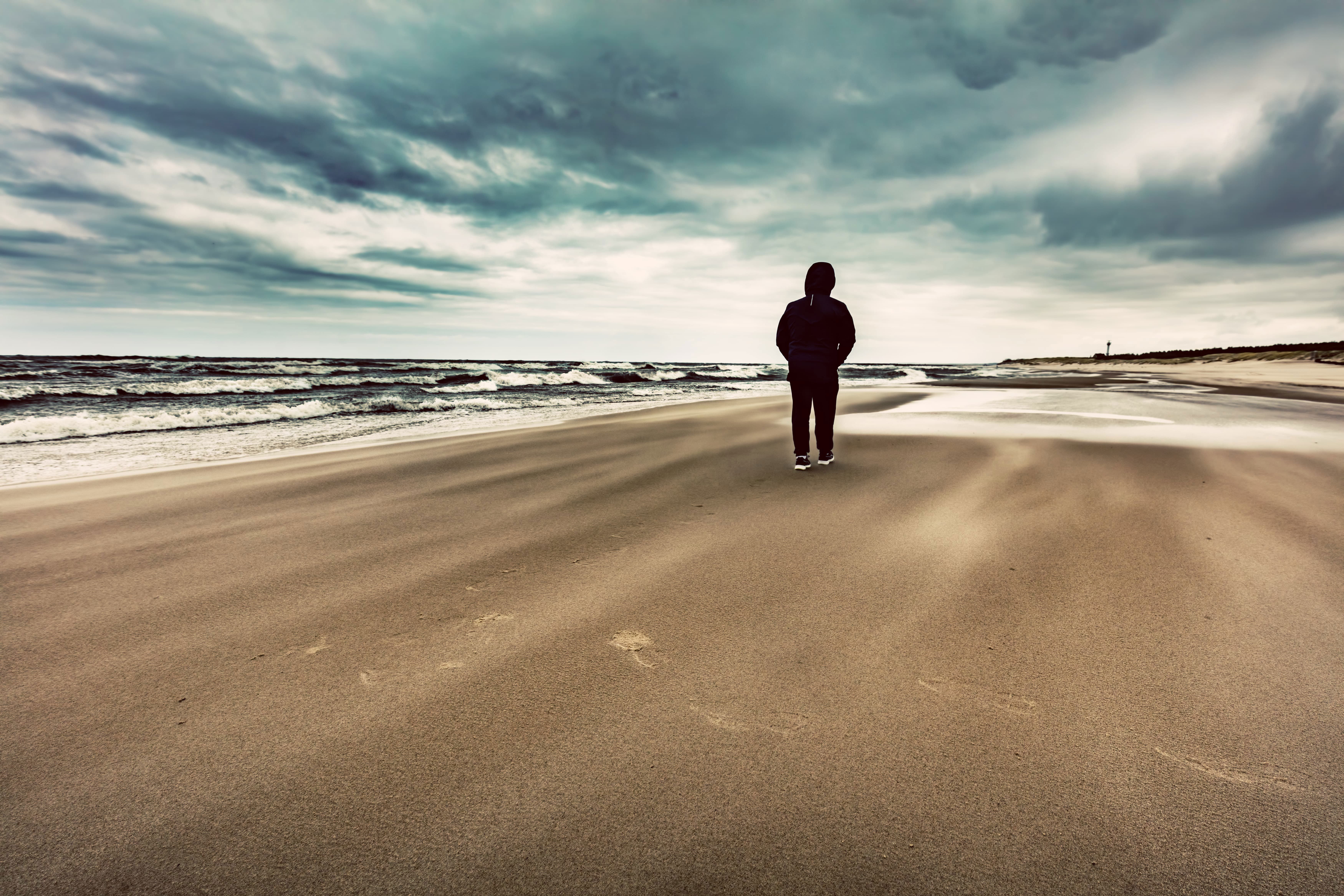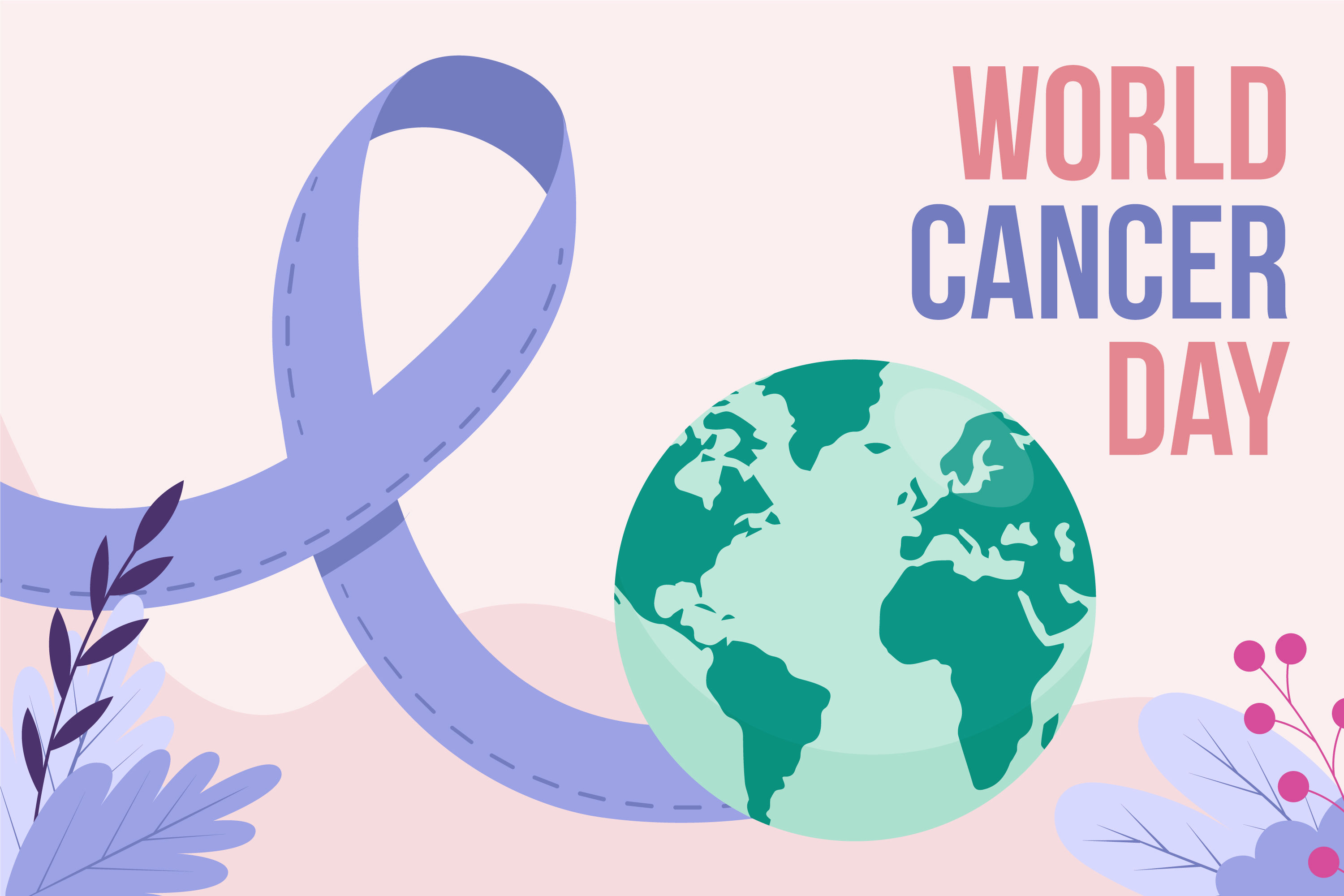Seasonal affective disorder (SAD) is a type of depression that you experience during particular seasons or times of year. Depression is a low mood or loss of interest and enjoyment in things you usually do. It lasts for a long time and affects your everyday life.
If you have SAD, you'll experience depression during some particular seasons. Or you'll experience depression because of certain types of weather or temperature.
Experiencing SAD in the winter is more well known. But you may struggle more with summer months. SAD can include any depression with a seasonal pattern.
It's common to be affected by changing seasons and weather. Or to have times of year when you feel more or less comfortable. For example, you might find that your mood or energy levels drop when it gets colder or warmer. Or you may notice changes in your sleeping or eating patterns.
But if your feelings are interfering with your everyday life, it could be a sign that you have depression. And if they keep coming back at the same time of year, doctors might call this seasonal affective disorder (SAD). They might also call it 'seasonal depression' or 'depression with seasonal pattern'.
Symptoms of SAD can include:
- Persistent low mood
- Lack of energy
- Difficulty concentrating
- Not wanting to see people
- Loss of interest or enjoyment in things
- Feeling sad, tearful, guilty or hopeless
- Feeling anxious, angry and agitated
- Physical aches and pains with no obvious physical cause
- Problems sleeping, for example sleeping too much or too little
- Changes in your appetite, for example feeling hungrier or not wanting to eat or craving certain foods more
- Losing interest in sex or physical contact
- Suicidal thoughts
- Moving very slowly, or being restless or agitated
- Other symptoms of depression
Living with SAD can be hard, but there are things you can do to help you to cope. Different things work for different people at different times. If something doesn't feel possible just now, try not to put pressure on yourself.
Things you can try yourself to help SAD:
- Try to get as much natural sunlight as possible – even a brief lunchtime walk can be beneficial
- Make your work and home environments as light and airy as possible
- Sit near windows when you're indoors
- Take plenty of regular exercise, particularly outdoors and in daylight eat a healthy balanced diet
- Plan ahead for winter, for example you could plan some meals that are quick to prepare. Or prepare some meals in advance and freeze them. This might help if you know you're likely to lack the energy during the most difficult period.
- If possible, avoid stressful situations and take steps to manage stress
- It can also be helpful to talk to your family and friends about SAD, so they understand how your mood changes during the winter. This can help them to support you more effectively.
Many private medical insurance, group life assurance and income protection providers offer an EAP and mental health support under their policies as an additional benefit which runs alongside the insurance itself, showing that insurers are not just there to pay claims but can offer day to day support. Please get in touch with us to find out more.







